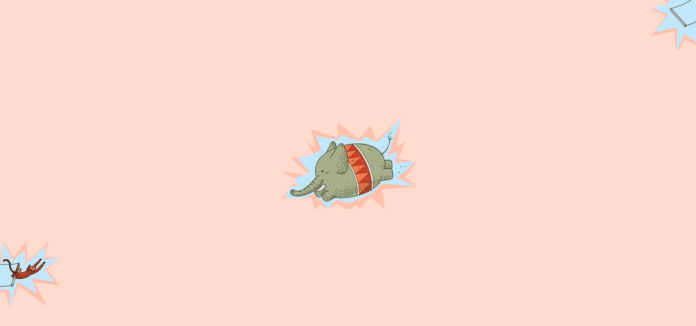Instead of focusing on oneself, oftentimes the best place to find inspiration is in the work of others. This is especially true during challenging times when the temptation is to become more self-focused. It is precisely at these moments that we need to look beyond ourselves to find the strength we need.
A scene from the movie Invictus captures the power of finding inspiration outside of oneself. President Mandela (Morgan Freeman) tells Francois Pienaar (Matt Damon), captain of the national rugby team, how during the darkest times in his life, he found courage in an unexpected place:
On Robin’s Island when things got very bad I found inspiration in a poem, a Victorian poem. They are just words but they helped me to stand when all I wanted to do was lie down.
The poem is, of course, Invictus. May it inspire you to greatness:
Out of the night that covers me,
Black as the pit from pole to pole,
I thank whatever gods may be
For my unconquerable soul.
In the fell clutch of circumstance
I have not winced nor cried aloud.
Under the bludgeonings of chance
My head is bloody, but unbowed.
Beyond this place of wrath and tears
Looms but the Horror of the shade,
And yet the menace of the years
Finds and shall find me unafraid.
It matters not how strait the gate,
How charged with punishments the scroll,
I am the master of my fate,
I am the captain of my soul.
I wish you all the best,
Dr. Samantha Boardman







